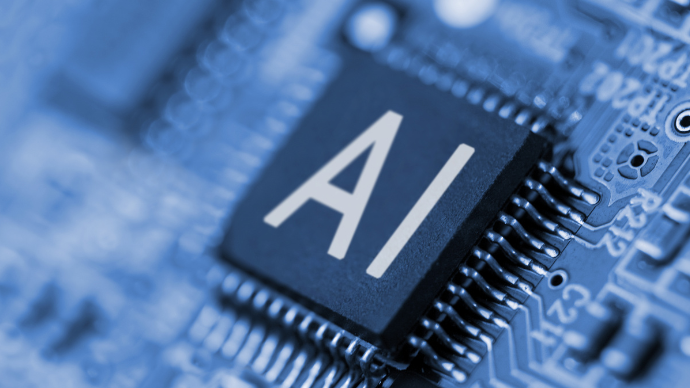Artificial Intelligence is no longer just a technological frontier: it is a concrete reality, capable of revolutionizing the organization and efficiency of industrial laundries.
But what does it mean, in practice, to apply AI to this sector? And why is now the right time to start adopting it?
Let’s discover how intelligent technologies can reduce costs, optimize processes, and help managers make increasingly data-driven decisions.
What is Artificial Intelligence Applied to the Laundry Sector?
In the context of industrial laundries, Artificial Intelligence translates into systems capable of analyzing real-time data, learning from production processes, and suggesting (or initiating) optimized actions.
From intelligent sensors that automatically adjust washing parameters to software that predicts maintenance, AI is becoming a strategic ally for those aiming for maximum operational efficiency.
The Tangible Benefits of AI for Industrial Laundry Managers
- Workflow Automation
Industrial automation can increase productivity by 20-25% in repetitive operational tasks (Source: McKinsey, “The Future of Work in Europe”, 2020). In laundries, this translates into reduced reliance on labor and greater operational continuity.
- Energy Optimization
Machines equipped with Artificial Intelligence can monitor and adapt energy usage in real-time. This can lead to a reduction in operating costs by up to 30%, as indicated in our official content, based on over 25 years of hands-on experience.
- Fault Prevention with Predictive Maintenance
Companies that adopt predictive maintenance strategies reduce operating costs by 12%, downtime by 14%, and increase asset lifespan by 9%. (Source: PwC, “Predictive Maintenance 4.0”, 2019)
- Data Collection for Strategic Decisions
One in two companies in the manufacturing sector has reported that adopting smart dashboards has improved the speed and quality of strategic decision-making. (Source: Deloitte, “Smart Factory Study”, 2021)
Artificial Intelligence in 2025: Scenarios and Outlook
Here’s a summary of some predictions about how the market will evolve and how companies can set their growth trajectory accordingly.
- Integration with Existing Machinery
68% of European companies adopting Industry 4.0 technologies do so by retrofitting existing machinery with sensors and smart modules. (Source: European Commission, “AI Watch”, 2023). - Evolution Towards Fully Automated Laundries
It is estimated that by 2025, over 40% of industrial laundries in Europe will integrate at least one advanced automation module with AI for processes such as folding, ironing, or loading. (Source: Statista Market Outlook, 2024). - AI Decision-Support for Managers via Dashboards
The use of smart dashboards for performance monitoring is growing at an annual rate of 30% among European SMEs in the industrial sector. (Source: IDC, “European SME Tech Trends”, 2023).
Indemac’s Vision: Technology, Simplicity, Reliability
At Indemac, we have always implemented innovation with a concrete focus on our customers’ business: for us, technology means improving and simplifying people’s work.
- In our machines, the adoption of intelligent systems is already a reality:
- Integrated self-diagnosis that signals anomalies before they become problems.
- Automatic cycle optimization, based on the load type or moisture level detected.
- Intuitive interfaces, making it easy for even less experienced operators to use.
Staying updated is a competitive advantage, just like the adoption of AI in industrial laundries. Knowing about emerging technologies and innovations to start a gradual path toward innovation means improving performance today and preparing for the challenges of tomorrow, benefiting your business.
Discover how to prepare your industrial laundry for change, because the future is just around the corner. Contact us for a free consultation
